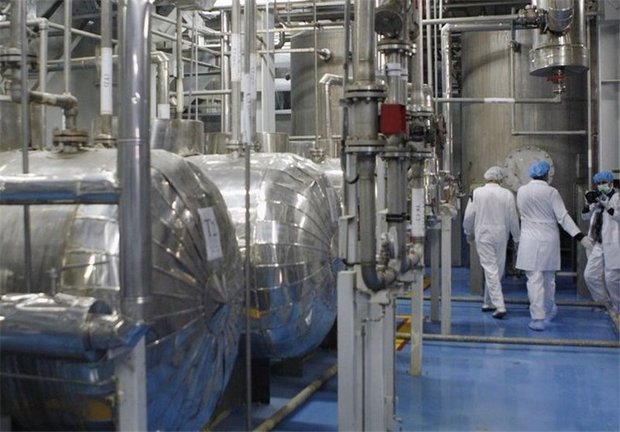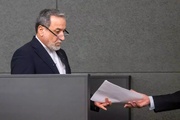On Tuesday, Behrouz Kamalvandi rejected Rafael Grossi's statement that there has been a lack of monitoring of Iranian sites as having no legal base.
"The Islamic Republic of Iran has been fully cooperative regarding the three alleged sites brought up by the agency and has sent information and answers to the agency's questions and has also held meetings to resolve the ambiguity," the AEOI spokesman asserted.
He pointed out that the IAEA must not judge based on fabricated documents provided by the Zionist Israeli regime with specific political goals, and noted that that type of judgment is against the Agency's principle of neutrality and professionalism.
"Since the IAEA has audited all of Iran's declared nuclear materials and there are no disagreements over the calculated materials, simply observing contamination in a few places cannot be considered as implying the presence of undeclared nuclear materials."
Kamalvandi said that the monitoring that is not done today used to be carried out by the Agency according to the nuclear deal which was signed with the P5+1 signed in 2015.
But, the nuclear official said, resuming the monitoring and safeguards according to the Iranian parliament's law "The Strategic Action to Remove the Sanctions and Protect the Nation's Rights" requires living up to the commitments by the parties to the nuclear deal and the removal of sanctions on Iran.
Also in reaction to the IAEA demand on the safeguards and monitoring of the nuclear site, Mohsen Naziri Asl, who has recently been appointed as Iran’s envoy to the International Atomic Energy Agency (IAEA) said that the three insignificant safeguard claims raised by the agency are a two-decade-old issue, however, Tehran has appropriately and constructively cooperated with the agency to resolve them.
MNA/FNA14010622000620


























Your Comment